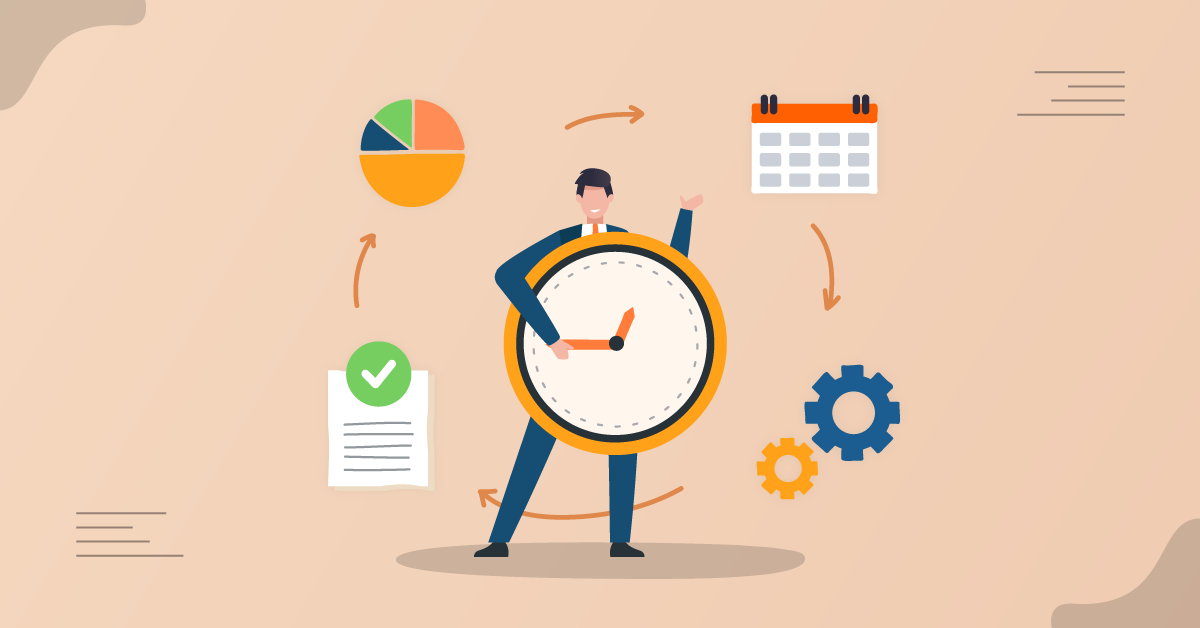Time management is one of the most essential skills for success in both personal and professional life. With so many tasks demanding your attention, it can be challenging to prioritize and stay on top of everything. However, learning how to manage your time effectively can significantly improve your productivity, reduce stress, and help you achieve your goals. Here are some valuable time management tips to help you take control of your day.
1. Set Clear Goals
Effective time management starts with setting clear, achievable goals. Whether it’s a short-term task or a long-term project, define your goals and break them down into smaller, actionable steps. This not only gives you a clear direction but also helps you focus on what matters most.
2. Prioritize Tasks
Not all tasks are created equal. Identify the most important tasks that will have the greatest impact on your goals and prioritize them. You can use tools like the Eisenhower Matrix to categorize tasks based on urgency and importance, allowing you to focus on what needs to be done immediately and what can be postponed.
3. Use a Planner or Digital Tools
Using a planner or digital tools like calendars, to-do lists, and project management apps can help you stay organized. Whether you prefer writing things down or using a digital tool, having a clear plan for your day ensures you’re not missing important tasks or deadlines. Tools like Google Calendar, Trello, or Todoist can help you visualize and track your tasks.
4. Break Tasks Into Smaller Steps
Large tasks can often feel overwhelming and lead to procrastination. Break big tasks into smaller, manageable steps. By completing smaller sections of the task, you’ll gain a sense of accomplishment, and the larger project will seem less daunting.
5. Learn to Say No
One of the biggest time management challenges is overcommitting. Learning to say no to tasks or projects that don’t align with your priorities is crucial. Saying yes to everything can spread you too thin and prevent you from focusing on what’s most important.
6. Avoid Multitasking
While multitasking may seem efficient, it can actually reduce productivity and increase mistakes. Focus on one task at a time and give it your full attention. Once completed, move on to the next task. This helps you produce higher-quality work and reduces mental fatigue.
7. Set Time Limits
One way to avoid spending too much time on a single task is to set time limits. Use techniques like the Pomodoro Technique, where you work in focused intervals (e.g., 25 minutes) followed by a short break. This can help you maintain concentration while ensuring you’re not overworking yourself.
8. Eliminate Distractions
Distractions are one of the biggest productivity killers. Identify common distractions and find ways to eliminate or minimize them. Whether it’s turning off notifications, working in a quiet space, or setting boundaries with colleagues, eliminating distractions allows you to focus better and complete tasks faster.
9. Delegate Tasks
Delegating tasks is an essential skill, especially in a work environment. If you’re overloaded with work, consider delegating less critical tasks to others. By doing this, you free up time to focus on high-priority responsibilities, while also empowering others to contribute.
10. Review and Reflect
At the end of the day, take a few minutes to review your progress. Reflect on what you accomplished, what you could improve, and how you can adjust your approach moving forward. Regular reflection allows you to continuously optimize your time management techniques.
11. Take Breaks and Rest
Lastly, don’t forget to take regular breaks and ensure you’re getting enough rest. Working non-stop can lead to burnout and reduce productivity in the long run. Short breaks throughout the day help you recharge and come back to tasks with renewed energy and focus.

